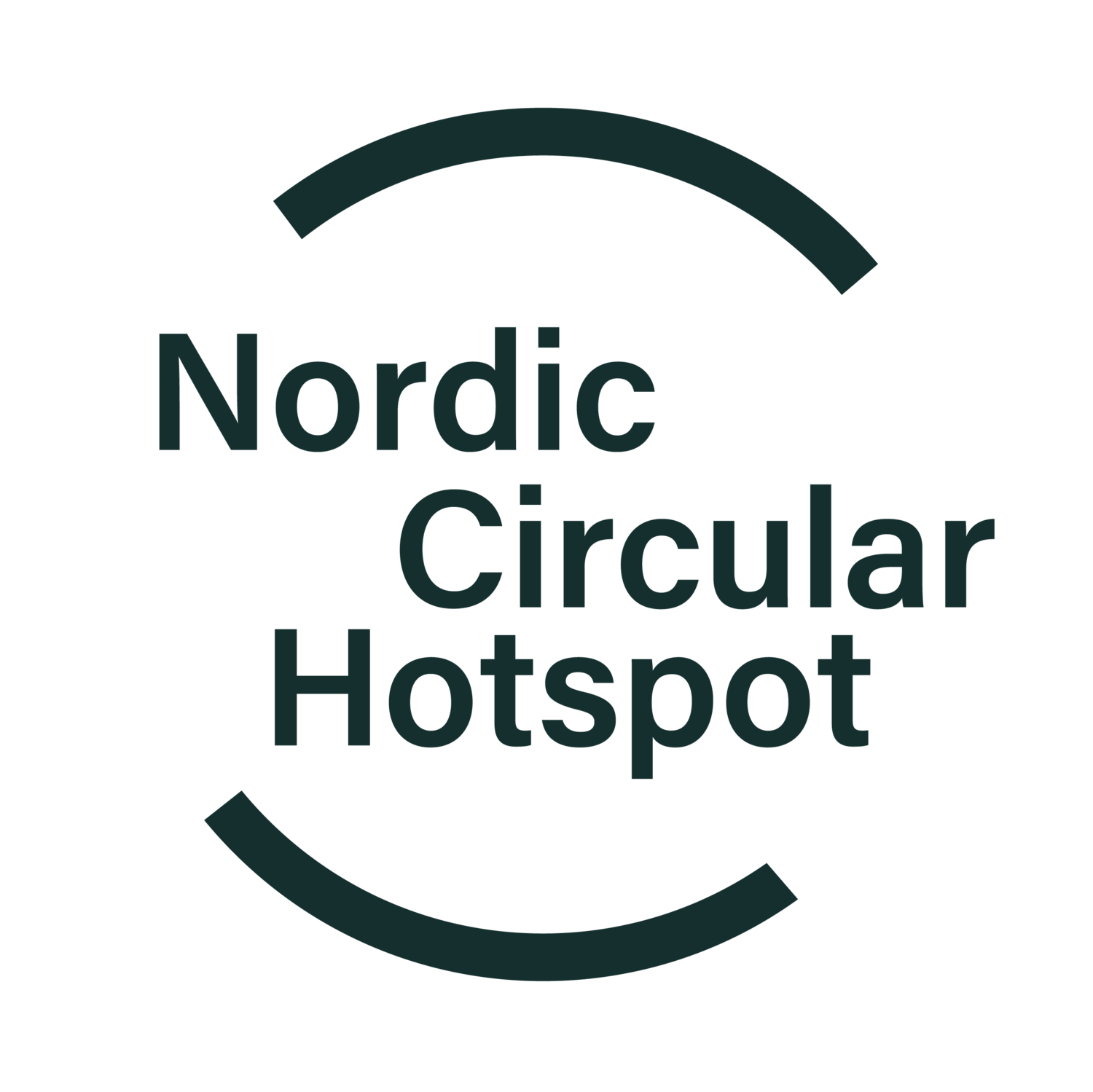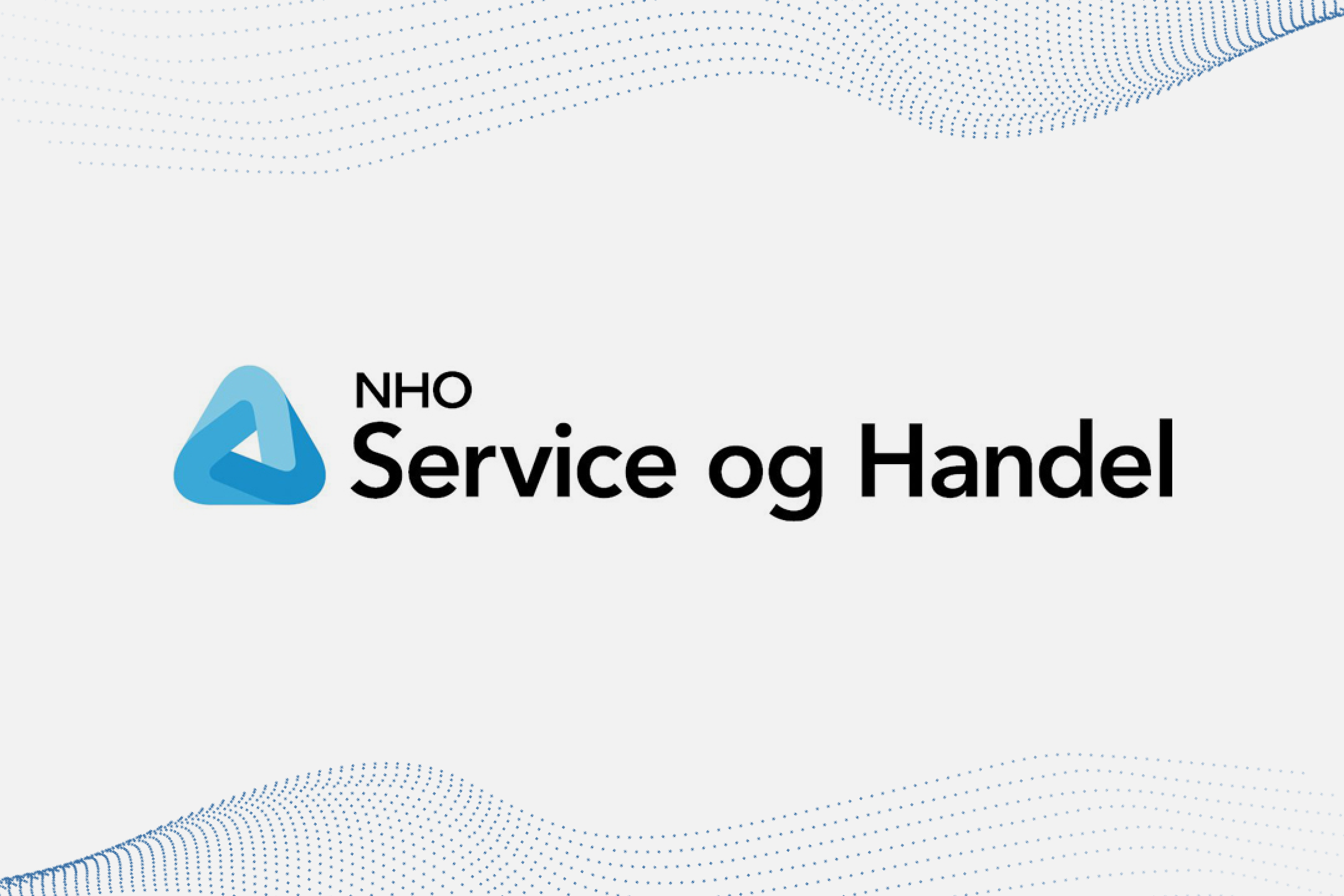Circular transition in the Nordics: finding our agency
During the recent Nordic Circular Summit 2023, we brought together senior figures from various sectors to engage in a candid discussion about the development of circular economy in the Nordics. The conversation highlighted the nuances of transition as a concept, the necessity of systemic change, the agency we have to instigate it — and the imperative of ensuring a just transition.
Is circular transition what we really want?
This year's Nordic Circular Summit delved into the transformative dimension of the circular economy, probing deeper into the necessary mind shift. The discussions emphasised that this shift can commence at the individual level, extending its influence to a broader collective and social scale. To truly alter our actions, we must first alter the way we think and perceive the world around us.
When it comes to the circular transition — a term we are all intimately familiar with — the question arising from this is are we, perhaps unintentionally, imposing limitations on the profound change we aspire to by the language we employ? Perhaps what we are truly seeking is not merely a transition but a transformation — a change that extends beyond altering states to reshaping how we think, engage with the world, and live our lives. Here language holds a transformative power of its own. The words we use matter.
Words we often hear in connection with the circular economy are transition and innovation. It was noted at the roundtable that, during the current era, innovation has become dubbed as an agent of transformation. However, it is crucial that we recognise this is not a straightforward causational relationship. Innovation does not equal transformation. But neither does transition.
So, where does this leave us with the circular transition?
Systems change requires unlearning linear practices
The roundtable conversation circled repeatedly back to the need to unlearn linear practices ingrained in decision-making processes and apparatuses. As people, we rely on shared experiences, reinforced by the current social systems, in how we navigate the world. To pinpoint this a little further, we can look at the mainstream educational systems which enforce linear processes. Children, it was suggested, possess innovative and solution-oriented thinking that adults often lack due to a linear and reductive education system which has shaped the way they meet and interact with the world. Unravelling the layers of industrial and social systems requires a systemic shift in perspective.
Agency to shape our future
The conversation delved deeper into the notion of agency and the push for a just transition. Participants asserted that our ability to question and reshape the structures governing our lives rests on education and individual agency. By understanding the interplay between social, industrial, and natural systems, we can instigate collective responsibility — and ability — to effect change.
Even the most innovative space discussing the prospect of a sustainable and circular future is often lined with a tangible layer of frustration. Things are inching forward too slowly. Frustration, we can say, often stems from helplessness: the feeling of not being able to make a difference. In this space, agency becomes not only a solution but also the medicine to our collective paralysis when it comes to moving from words to actions. It is important to come to the realisation that we have the agency to change what we have created in the first place.
Navigating trade-offs and just transition
Meanwhile, the roundtable participants explored the challenges of establishing a global definition for the circular economy, emphasising fundamental building blocks and the importance of a just transition. The discussion touched on the complexities of circular economy implementation and concerns were raised about the trade-offs associated with job creation in different regions. Participants emphasised the necessity for a transition that considers not only the positive but also the potential negative consequences for different regions and realities. It was indicated that investment is crucial in ensuring a shift which considers those who do not have the resources to be heard on their own. We must be ready to acknowledge that change inevitably has losers and ensure it won’t be those who already have the least, which emphasises the need for careful consideration in policy and industry shifts.
The investment sector is waking to circular economy — launch of the Nordic Roadmap for Circular Finance
To further discuss the importance of finance, the roundtable participants received a preview of the Nordic Roadmap for Circular Finance by Nordic Circular Hotspot and RISE Research Institutes of Sweden which was launched during the Summit. This Roadmap aims to show financial institutions a way forward in terms of incorporating circular principles into their equity models, with the longer-term goal of enabling circular business models to receive the funding needed to scale their operations.
It was noted that financing methods also require the right stakeholders to come together in clusters that combine public bodies, private businesses, academia and the society at large, allowing for the investment to be implemented and realised with impact.
Think global act local
The conversation continued with a discussion on the challenges and opportunities associated with circular change. Traditional industries were identified as influential lobbyists, prompting a call for value-chain transparency and the need to balance localisation and globalisation on our collective commitment to navigating the complexities of circularity.
One participant delved into the question of assigning value to things. They drew attention to a notable model of economic success without exploitation, emphasising the need to decouple disposability from success. The addictive nature of disposability, they argued, can be overcome through conscious efforts to assign value based on sustainability.
Collaborative action for a circular future
The roundtable illuminated the multifaceted nature of the circular economy, transcending definitions to focus on tangible actions, systemic changes, individual agency, and the imperative of a just transition. As participants navigated the circular economy landscape, it was evident that collaboration among stakeholders is paramount. The journey towards a circular future requires a nuanced understanding of interconnected systems, coupled with a commitment to meaningful, collaborative change. Only through collective effort can we transform the circular economy from a concept into a sustainable reality.
—
The roundtable was organised using the Chatham House rule, ensuring open and candid conversation, which is why no participant is quoted by their name in this article.











